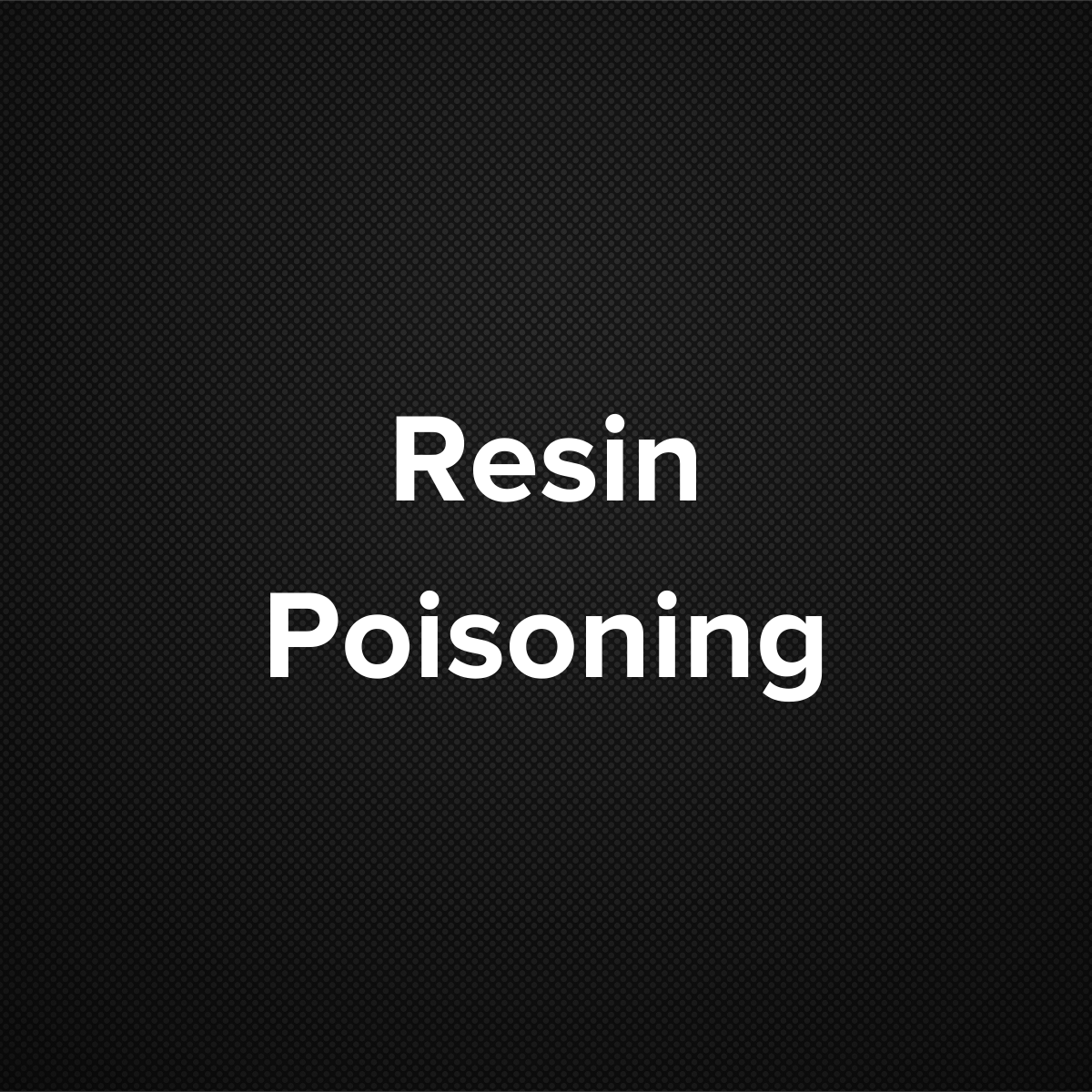Causes and risk factors
Resin poisoning is caused due to ingestion or inhalation of the fumes or toxic smell or smelling the leaves. Handling the flowers and accidental use of the same hands can also cause complaints.
Clinical presentation:
Resin poisoning can lead to either digestive complaints, respiratory or skin complaints. Dehydration, shock, and renal damage can occur. Improper handling of the flowers or leaves can lead to formation of urticaria and itching. Ingestion can lead to complaints of nausea, vomiting, and pain in the abdomen. The pain is dull aching or crampy in nature. Diarrhea may occur. Altered taste in mouth, headache, muscle pain, fatigue, weakness, decrease libido, difficulty in sleep, and anemia are the other complaints seen. Inhalation of the fumes can lead to coryza, cough, difficulty in breathing, irritation of throat, and a sensation of choking. Mental faculty is also affected. Delirium, hallucination, confusion, and cognitive defect can be seen. Memory loss also occurs. In severe forms, seizures are seen.
Investigations:
Symptoms narrated by the patient or relatives of the patient and local examination done by the doctor are helpful in diagnosing the condition. Along with this, a simple blood test is carried out which aids in confirmation of diagnosis. To know the extent of the damage occurred, other investigations like urine routine, electrolyte levels, ultrasonography, renal function test, and liver function test can also be done. Other investigations as per the symptom’s severity can also be advised.
Treatment:
Removal of the source of contamination is the first important step to be implemented.
Activated charcoal is given in the first few hours of poisoning. Medications to abort seizures or reduce the allergic sensitivity are given. In cases of poisoning due to ingestion, gastric lavage is done. Hemodialysis is needed in case of kidney failure. In severe cases, hospitalization is required. Maintenance of airway, breathing, and circulation is done.
Other Modes of treatment:
Certain other modes of treatment can also be helpful in coping up the symptoms. Taking into consideration the symptoms in a holistic way, homoeopathy can offer a good aid for the relief of the symptoms. The Ayurvedic system of medicine which uses herbs and synthetic derivates can also be beneficial in combating the complaints.






























